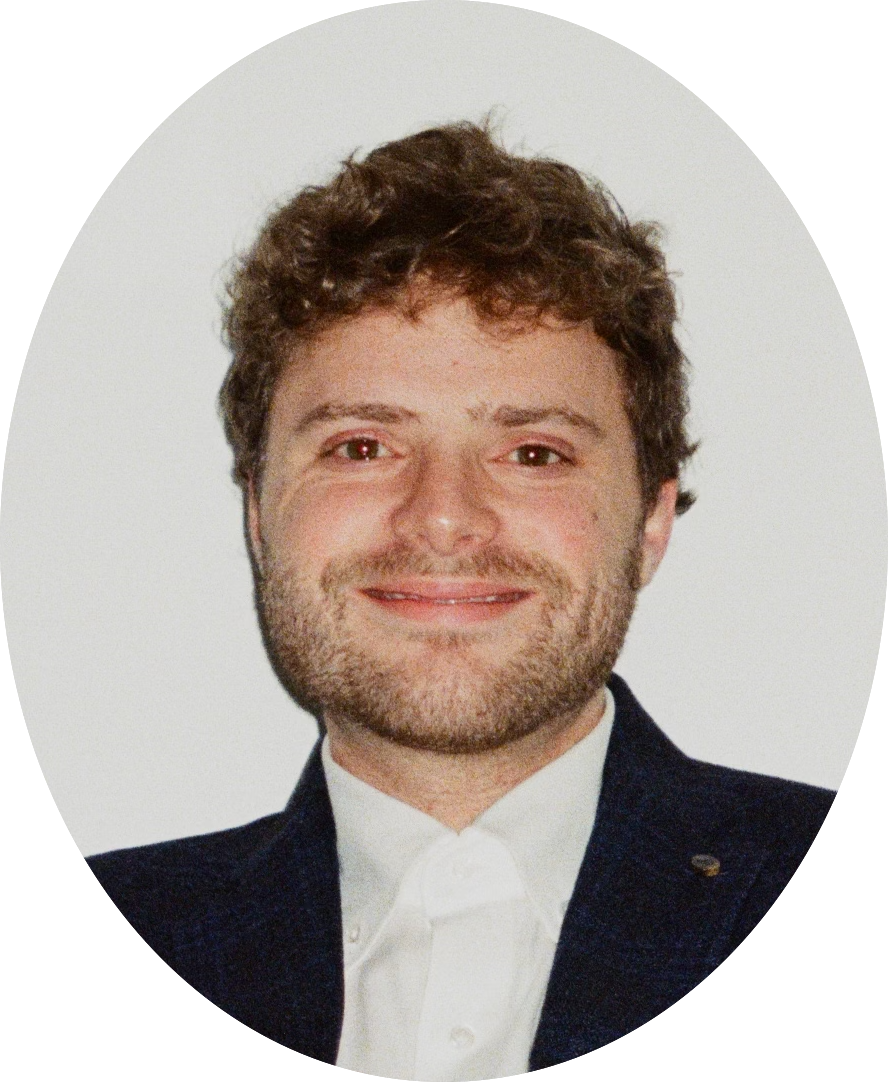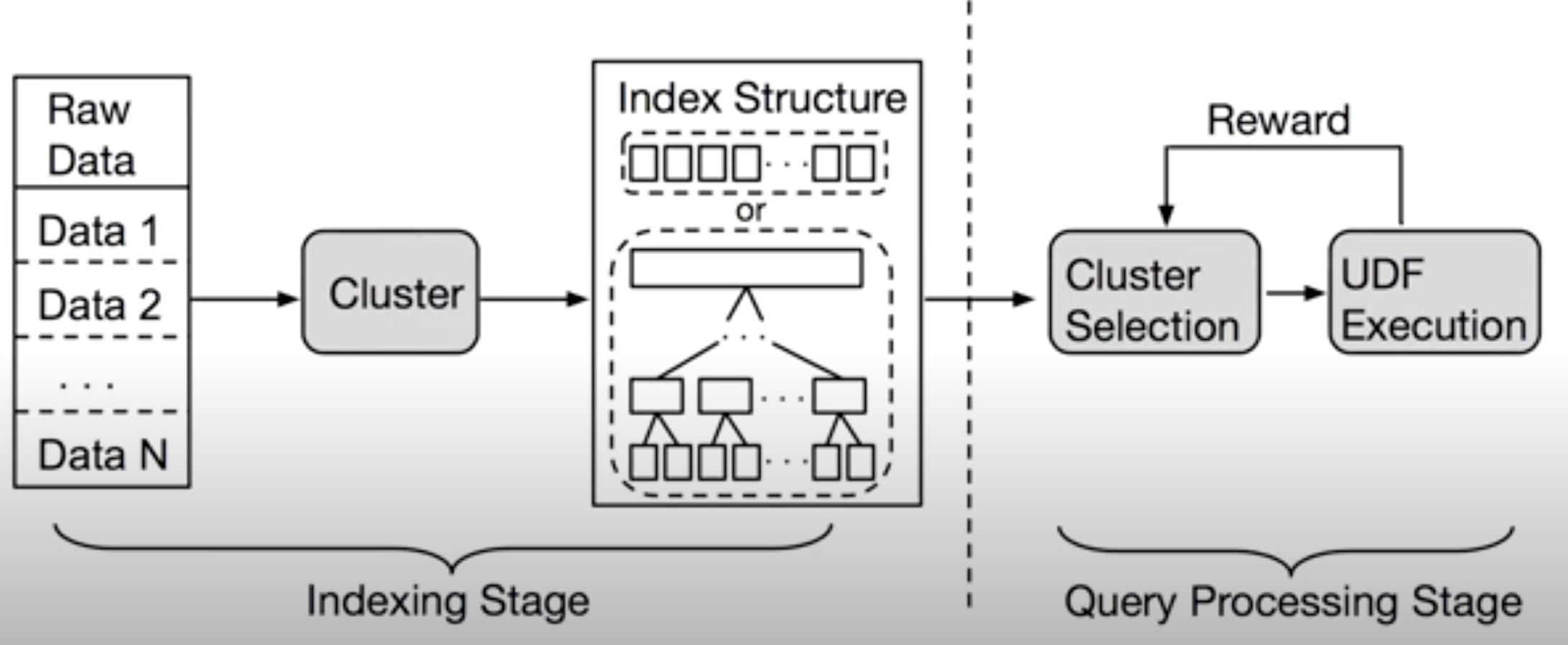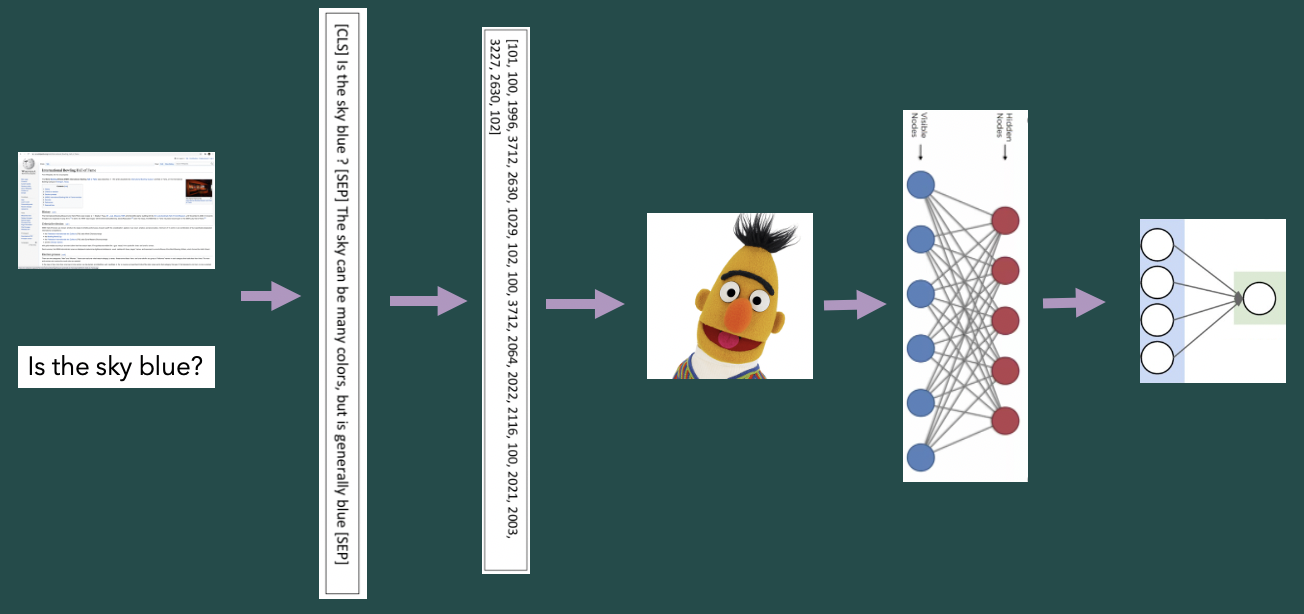Maxwell B. Strome

410-371-6247 mbs2241@columbia.edu
Machine learning enthusiast. Can we make a conscious artifact?
LinkedIn Profile
Resume
Blog
Github
Home
Portfolio
Research
A Method for Optimizing Opaque Filter Queries

- Final paper was accepted to the SIGMOD 2020 conference
- Employed hierarchical clustering during the pre-indexing phase of a database to generate a dendrogram. Interrogated this dendrogram with a UCB algorithm to accelerate Select Limit queries that have a user defined function as the predicate.
Using Machine Learning to Predict Rapid Decline of Kidney Function in Sickle Cell Anemia
- Final paper was accepted to the ejHaem journal and will be published this year
- Used traditional machine learning methods, such as linear models, decision trees, and SVMs to predict rapid decline in kidney function for patients with sickle cell anemia.
Solving the Families In the Wild Kinship Verification Challenge by Program Synthesis
- Final paper accepted at IEEE International Conference on Automatic Face and Gesture Recognition 2021 and won third place in FG 2021 Recognizing Families in the Wild Challenge
- Wrote TensorFlow model to detect kinship given two photos; specifically used an ensemble of two deep fusion networks with the bases being Senet50 and Resnet50. End model is an ensemble of three different kinship models including the one above along with models written by OpenAI Codex
-
Columbia Article
Competitions / School
A Neural Twist on Natural Questions

- Compared three different models on subset Natural Questions problem
- Analyzed “intelligence” displayed by these models
- Final model adds a Restricted Boltzmann Machine at the end of BERT for dimensionality reduction, leading to improved results
RIIID Knowledge Tracing Kaggle Competition Submission
- Implemented increasingly intelligent models to learn about the knowledge tracing problem, the data, and get better results
- Final model was ensemble between a light gradient boosting machine and a deep neural network